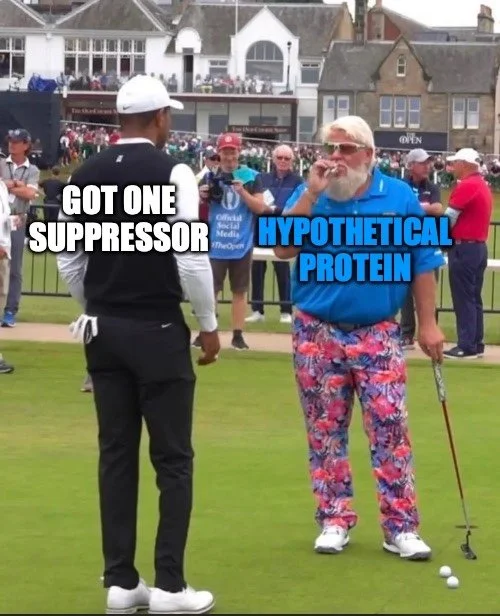
FAQs
-
The University of Georgia (UGA) has amazing opportunities to complete interdisciplinary research while building a strong sense of community with your peers. Admission through the integrated life sciences program (ILS) gives you the option to choose the track of your Ph.D after you complete your rotations. Once you choose a track, you will have a class of peers studying the same topic, taking the same classes, and attending similar seminars together. Many graduate students say they chose UGA for the strong sense of community and rich personal connection to their peers. The facilities on our campus allow you to answer any question, as we have facilities that provide access to mass spectrometry, genomics, proteomics, and microscopy (see here for more: https://research.uga.edu/core-facilities/).
For personal life, UGA is situated in the liberal town of Athens, GA. In Athens you will have access to an eclectic art and music scene, exceptional local restaurants, and plenty of outdoor activities.
-
Yes! If you are interested in a rotation, please email me for a time to meet (cmvd @uga.edu).
-
Please see my contact page for information and how to find my office. I prefer email over phone call. I do not reply to emails after 6:30 pm (weekdays) and I do not reply to emails on weekends unless it is urgent.
-
In the first couple years, meeting weekly or biweekly is best, so we can discuss experiments and keep you moving on the right track. I put an emphasis on data analysis and I enjoy troubleshooting the nitty gritty (Why isn’t my cloning working?). I like to see raw data/images, because I can better see issues, figure out controls, and make sure that what we think is happening with our experiments is reflected rigorously in our data.
After ~3 years, I have an open door policy. Knock on my door when you need to discuss the topics above. I usually walk around and talk to people casually about their work in the lab. Mentoring is my top priority, and unless I am writing a grant, I will drop what I am doing to help and talk about science. That’s the best and most important part of my job. -
Typically, I like to see a minimum of three research publications, and in some cases a review can count towards those three. For individuals interested in a career in academia, this number should be higher. I support mentees seeking out any career path.
-
Work smarter not harder, is my go to. There is no need to be working 60 hours a week. If you can plan and organize properly you can get a lot done in a 40-hour work week. Pat Schloss has written a nice article on allocating your effort in a lab accordingly: http://www.academichermit.com/2018/03/12/Effort-distribution.html#fnref:1 . I agree with him, that you need to find the right amount of time you can work in a week, and then break that time down into meaningful percentages. The majority of your time should be spent doing research and collecting data. Every person is different, some people prefer to work 60+ h work weeks and I also respect that. I do not put a moral standard on any particular schedule, I just ask that we give room for humans to be diverse and have different ebbs and flows.
-
Not using the correct form of bacterium vs bacteria, medium vs media, data vs datum etc. Not plotting growth curves in log and being chaotic with a laser pointer.
-
Yes.
Credit: Roxana Shafiee


